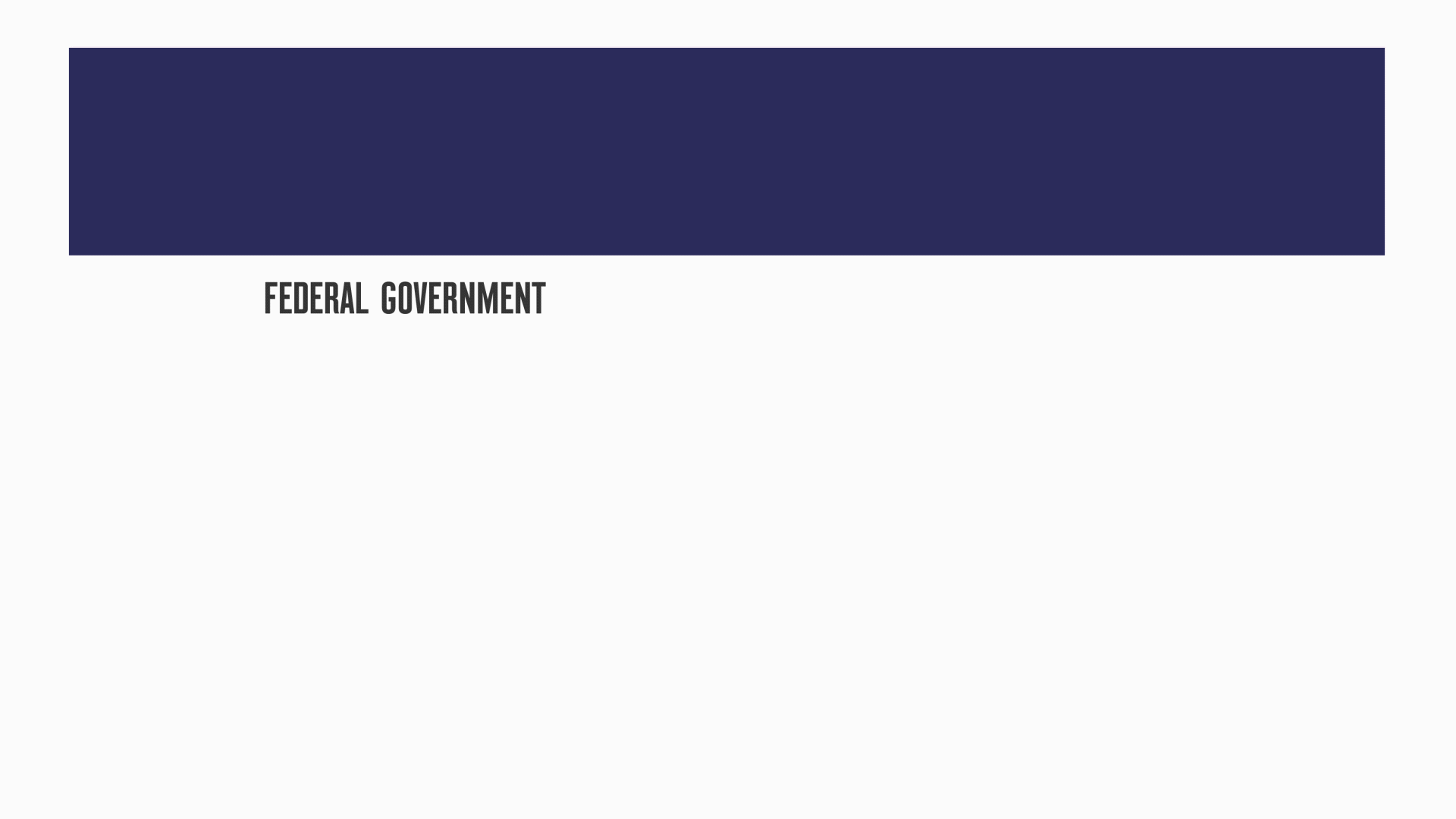Workplaces Emerge as Conduits for Well-Being & Societal Progress
Americans have adopted new ways of working, shopping, staying healthy, dining, entertainment and schooling practices during the pandemic and lockdown. Companies have put in place new ways to engage and motivate their displaced workforces and adopted new business strategies. We’re all operating without a user’s manual or a playbook.


Since March, Weber Shandwick has conducted a series of public opinion polls to understand and track attitudes during a time of unprecedented disruption. Our surveys have shown a steady decline in trust in government at both federal and state levels (a nearly 20 point drop for both), in media and other institutions. Among consumers, 69% agree that conflicting information makes it difficult to know what is important to do to protect themselves and their family from coronavirus. The one bright spot is employers.

Employees give high marks to their employer for responding to the coronavirus and addressing social justice commitments. Key findings in our September survey included:

Among consumers, businesses top the list of institutions taking the right actions to bring the coronavirus under control – 63% of our survey respondents agreed, compared with 50% for state government officials and 44% for federal authorities.

As the pandemic and economic recovery enter a new phase in the fall, the workplace needs to be a safe haven for employees from societal tensions. This can enable workers to focus on their company’s business goals. However, it means corporate leaders must remain vigilant in providing a civil environment during this election season and beyond, engaging with employees to understand their concerns, listening to their preferences and offering flexible solutions where possible.
At the six-month mark of working virtually, many employees are contemplating lifestyle changes that will impact the workplace going forward. In our survey, many respondents said they are considering moving to a different location, changing jobs or working from home part- or full-time. Parents are having to navigate educational challenges for their children, while workers with elderly parents have additional decisions to consider.
In the weeks ahead, companies will face new challenges and headwinds as they engage with their workforces and progress toward a return to pre-pandemic operations. Here is checklist of possible issues to navigate.
- Progress towards COVID-19 vaccines and treatments is advancing. When a vaccine is available, companies will have to decide if they will require employees to be vaccinated before returning to an office environment. Depending on the efficacy and acceptance of vaccine treatments, this may be a difficult decision for some employees. In our survey, more than 40% of respondents said they are unsure they will get vaccinated. This is the time to map out vaccine scenarios.
- It’s not just the office, it’s also the commute. Even if a company’s workforce can be made safe through sound hygienic and cleaning practices, and requiring masks and social distancing, workers have to commute between their homes and offices. In many urban areas, employees depend on public transportation for their commute. What happens if workers do not feel safe using public transportation?
- Promoting civility in an uncivil political environment. How can companies promote civility in the workplace during an especially polarizing national election season and beyond? Workers expect their office-place to be refuge from politics and social justice debates, and largely consider the general tone in their office to be civil and respectful (77%). While companies cannot wall themselves off from the outside world, they need to have some guidelines for employees to respect different viewpoints and minimize workplace disruptions.
- Delivering on social justice inclusive reforms. Everyone is being watched for their commitment to racial equity and diversity. Many companies are auditing their business operations with a greater commitment to promoting equality and fairness, and creating new opportunities for Black employees and other minorities to be promoted to corporate board positions and senior-level executive positions, and hired across the overall workforce. Public expectations are high, and companies should be prepared to regularly report their progress and new practices.
- Delivering on other ESG commitments. Even as the pandemic and economic crises are in the forefront of attention, companies must continue to deliver on their environmental, social and governance (ESG) commitments. Corporate leaders should be stepping up their company’s investments in sustainability and sound environmental practices. In governance, this is a time to commit to greater diversity on corporate boards and in executive leadership, and enhance transparency.


Public trust in companies can rise and fall as quickly as it has with other institutions. Young people, many of whom are openly critical of globalization and capitalism, need to be assured that our economic system is resilient and works in good times and bad. Corporations have been an anchor in the storm to date, but they will continue to be watched by elected leaders, community activists, media, employees and consumers. All are ready to hold companies accountable for progress.
Click here to download a PDF of our findings and click here for an infographic.